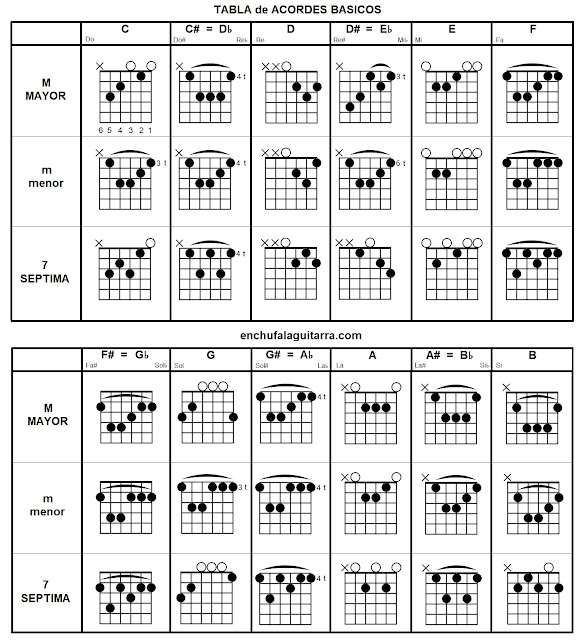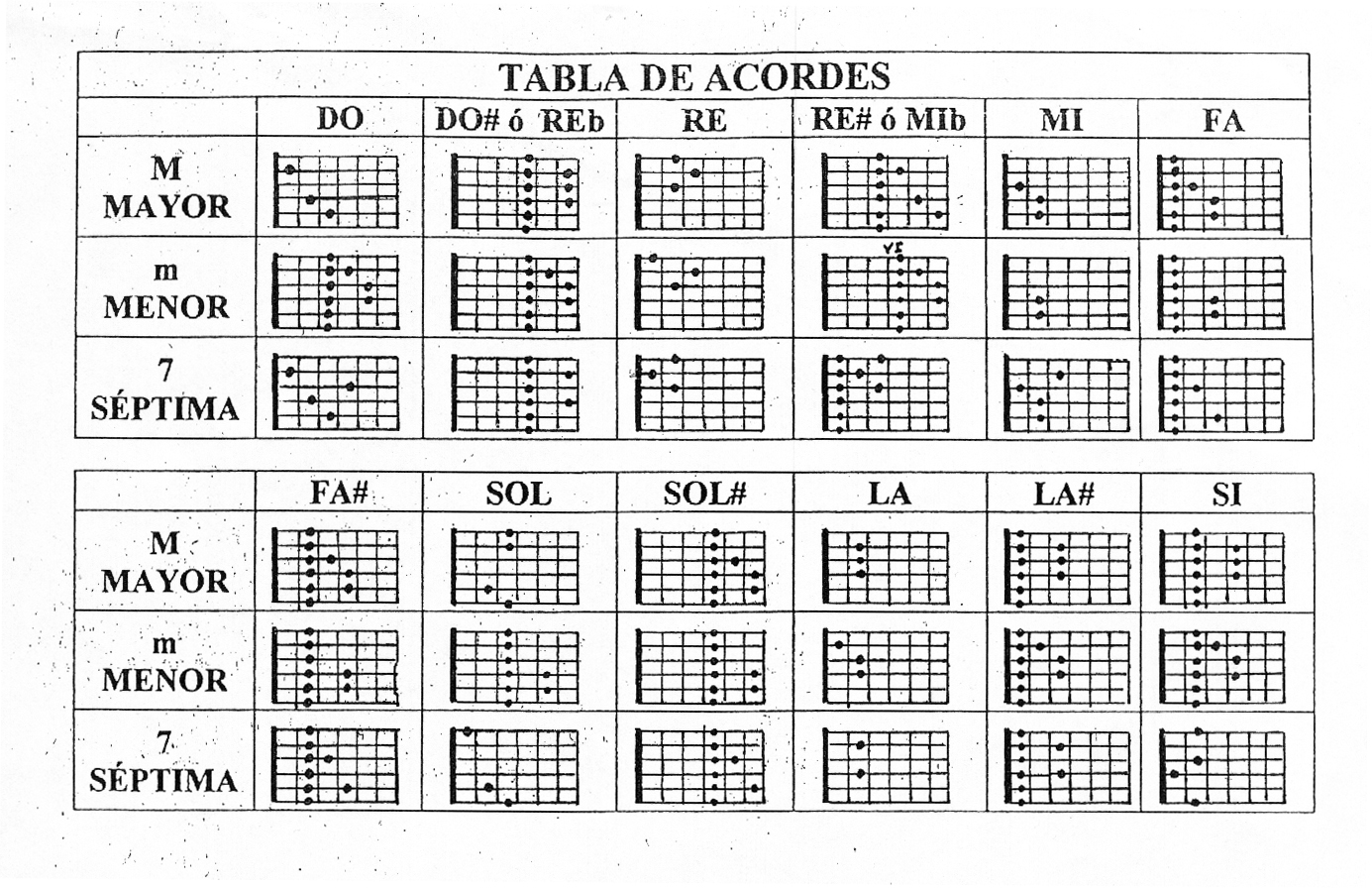Imagine holding a roadmap, not of physical locations, but of musical landscapes. That's essentially what guitar tablature, or "tab" for short, offers aspiring and seasoned guitarists alike. It's a visual representation of music specifically designed for the guitar, providing a clear pathway to playing notes, chords, and even complex riffs.
Unlike traditional sheet music, which often requires years of study to fully grasp, guitar tab uses a more intuitive approach. Six horizontal lines represent the six strings of the guitar, with the lowest string at the bottom and the highest at the top. Numbers placed on these lines indicate which fret to press down on each string, essentially telling your fingers where to go.
The beauty of guitar tab lies in its accessibility. Even without formal music theory knowledge, beginners can quickly decipher the basics and start strumming along to their favorite tunes. This simplicity has made tab a cornerstone of online guitar communities, where players share their interpretations of songs, collaborate on arrangements, and essentially speak a universal language of guitar music.
The origins of guitar tab can be traced back centuries, with early forms appearing as far back as the Renaissance. However, it was the explosion of rock and pop music in the 20th century that truly propelled tab into the mainstream. Suddenly, guitarists had a readily available tool to learn and share the intricate riffs and solos that defined these genres.
Today, guitar tab is ubiquitous, readily available in print, online, and even within mobile apps. This accessibility has democratized guitar learning, allowing anyone with an instrument and an internet connection to tap into a vast library of musical knowledge.
Advantages and Disadvantages of Guitar Tablature
While a powerful tool, guitar tablature isn't without its drawbacks. Here's a balanced look at its pros and cons:
| Advantages | Disadvantages |
|---|---|
|
|
Best Practices for Using Guitar Tablature
To get the most out of guitar tab, keep these best practices in mind:
- Start with reputable sources: Look for established websites, books, or apps known for accuracy.
- Listen actively: Use tab as a guide, but rely on your ears to refine timing and feel.
- Don't neglect rhythm: Pay attention to any rhythmic notation provided or use a metronome to develop timing.
- Explore different versions: Compare various tab interpretations of the same song to gain different perspectives.
- Use it as a stepping stone: Consider learning traditional notation to broaden your musical understanding.
Frequently Asked Questions about Guitar Tablature
1. What does "h" mean in guitar tab?
"h" usually stands for "hammer-on," indicating that you should use a finger to strike a string on the fretboard without picking it.
2. How is a bend indicated in guitar tab?
Bends are often shown with an arrow pointing up or down, along with a number indicating how many steps to bend the string.
3. Can I learn to play guitar solely from tab?
While possible to achieve a certain level, learning traditional notation alongside tab can enhance your musicality and understanding.
4. Are there different types of guitar tab software?
Yes, there are programs for viewing, creating, editing, and even playing back guitar tab. Some popular options include Guitar Pro and TuxGuitar.
5. How accurate are guitar tab websites?
Accuracy varies. Reputable sites often have user-submitted tabs that are reviewed for quality, but errors can still occur.
6. Is it legal to share guitar tab online?
Sharing copyrighted material without permission is illegal. However, many artists and publishers allow for non-commercial sharing of tabs for educational purposes.
7. Can guitar tab be used for other instruments?
While primarily designed for guitar, tab can be adapted for other fretted instruments like bass and ukulele.
8. Is guitar tab difficult to learn?
Not at all! The basics can be grasped quickly, allowing you to start playing songs almost immediately.
Conclusion: Embracing the Power of Guitar Tablature
Guitar tablature serves as a remarkable gateway into the world of playing music. Its intuitive nature and widespread accessibility have empowered countless individuals to pick up a guitar and bring their musical aspirations to life. While it's essential to acknowledge its limitations, particularly in terms of rhythm representation and potential dependence, guitar tab remains an invaluable tool for learning, sharing, and exploring the vast landscape of guitar music.
Whether you're a complete novice taking your first steps or a seasoned player seeking to expand your repertoire, embracing the power of guitar tablature can significantly enhance your musical journey. As with any learning tool, it's essential to use it wisely, supplementing it with active listening, rhythmic development, and a willingness to delve deeper into the intricacies of music theory when the time is right. So, grab your guitar, explore the vast universe of guitar tablature, and embark on a rewarding journey of musical discovery!
Unveiling dark elf names in elder scrolls arena history
Stitchs ohana means family more than just a cute svg
Conquer the cascades your guide to fisgas de ermelo mondim de basto map
notas de canciones guitarra - Khao Tick On
notas de canciones guitarra - Khao Tick On
Pin on Música - Khao Tick On
notas de canciones guitarra - Khao Tick On
notas de canciones guitarra - Khao Tick On
Pin en Flauta dulce - Khao Tick On
notas de canciones guitarra - Khao Tick On
notas de canciones guitarra - Khao Tick On
notas de canciones guitarra - Khao Tick On
notas de canciones guitarra - Khao Tick On
notas de canciones guitarra - Khao Tick On
notas de canciones guitarra - Khao Tick On
notas de canciones guitarra - Khao Tick On
notas de canciones guitarra - Khao Tick On
notas de canciones guitarra - Khao Tick On














